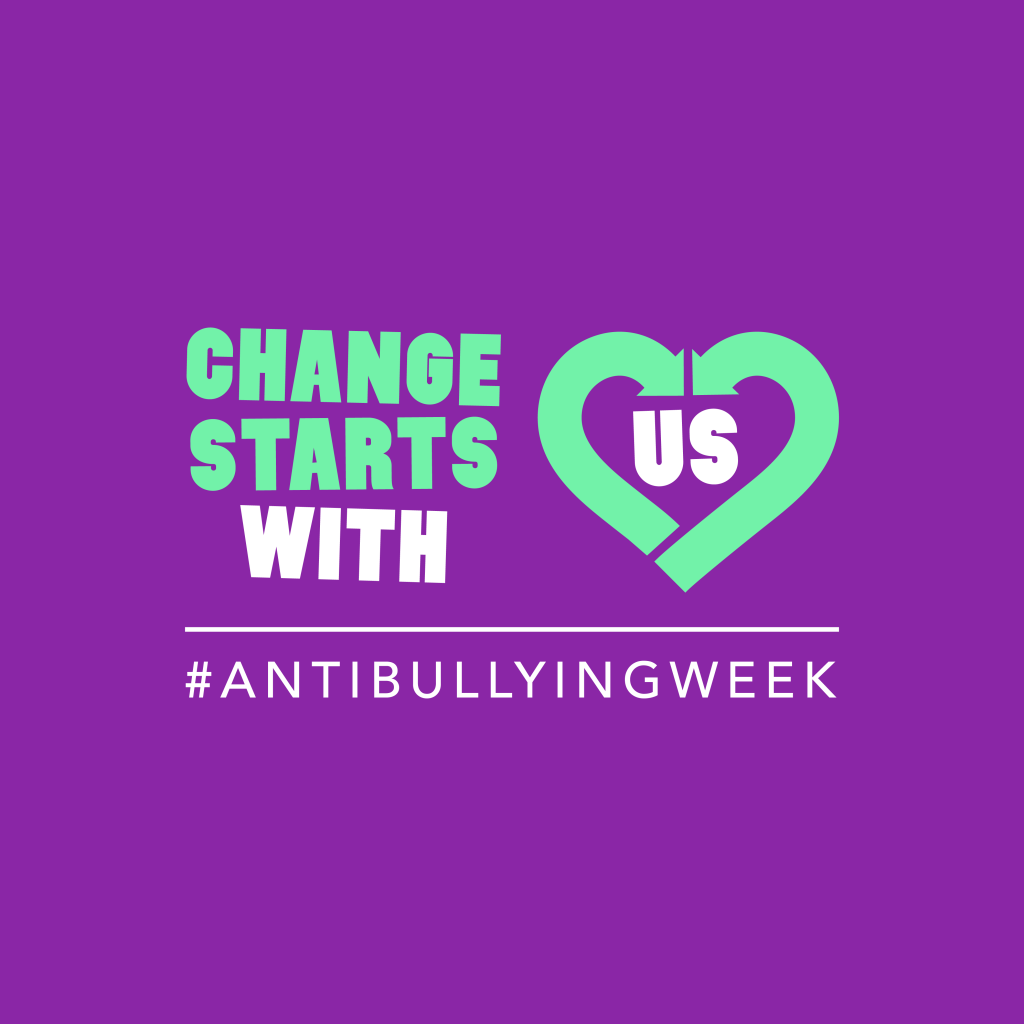Do you struggle to know how to help your child with their mental health? Do you feel lost when they are finding things difficult? You are not alone.
This week is Children’s Mental Health Week, with the theme of ‘Growing Together’. As one of the most common questions we get asked by parents is “How can I help my child?” we thought we would combine the two to give some tips on how you can use this experience to grow together.
One thing we often see in families is that parents ‘mirror’ their children and vice versa. For example, if a child avoids talking about their feelings, a parent might do the same as they don’t want to upset them. Or when a parent gets frustrated, their child will too as neither know the answers. On a positive note, it shows you are in tune with each other. But it is also means that if one of you is stuck, so is the other.
So how can you move forward? We have gathered together answers from our therapists and the real experts, the young people we work with.
As therapists, we often see how much parents want to support their child, but how difficult it is for them to know how. Here are our tips:
1. Use language openly. For example “I can see that you feel sad, I’m here if you want to talk”. We’re often scared to talk about emotions or experiences in case it ‘triggers’ a reaction, or makes someone feel worse. But in reality it makes talking about feelings acceptable and more comfortable. It gives young people permission to talk about their sadness, anger, anxiety etc.
2. Be a role model. As a family talk openly about your own day, your feelings, experiences. Create time together, maybe around the dinner table or doing things you enjoy. Build the connection and routine. Normalise the conversation.
3. Ask your child what they need. We often try to second guess what is best for our children. Asking them what they feel they need empowers them, it gives them control over their situation.
4. Have your own support. It’s hard to see your child struggling. They often tell us that they don’t share their feelings because they don’t want to upset their parents. But we know the whole family is impacted by mental health difficulties. Whether it’s friends, family or professional support, look after yourself. After all, you can’t pour from an empty cup.
So what would young people like their parents to know? Short and simple:
1. Listen to us instead of giving advice.
2. Show compassion, not anger.
3. Don’t deny our experience just because you don’t understand it.
4. Don’t discuss your own issues when we tell you ours or say that you have more worries.
We know how tempting it is to try and fix everything. We know what it’s like to feel helpless. They just want to be heard, understood, validated and not dismissed.
Look in the mirror. Take your clues from what your child is reflecting to you. Reflect back what they need.
Be the mirror. Change the reflection. Show them the power of empathy and compassion so they can give themselves the same.
For more resources to support yourself and your child, see the links below:
Young Minds
Charlie Waller Trust



